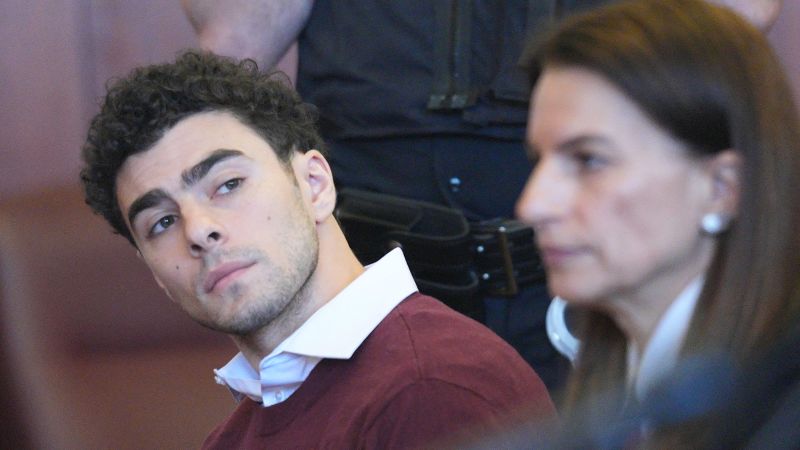Jury nullification is the term for when a jury declines to convict a defendant despite overwhelming evidence of guilt. This can be a form of civil disobedience, a political statement against a specific law, or a show of empathy and support to the defendant.
“It’s not a legal defense sanctioned under the law,” said Cheryl Bader, associate professor of law at Fordham School of Law. “It’s a reaction by the jury to a legal result that they feel would be so unjust or morally wrong that they refuse to impose it, despite what the law says.”



You just found a source to support what the person you replied to said, but then questioned if they read the article as if they were incorrect in their statement? (I don’t know what the edits are)
It’s there for you to read. The article never said jury nullification needs 12 jurors to vote not guilty.
Nullification is when one or more jurors disregard the law or facts or both and vote for whatever outcome they want. That can end in an acquittal, a hung jury, or even a guilty.
For example, in a criminal case of involving an individual named Carlos Poree in NOLA, the trial defense was insanity. The jury voted guilty. When individually polled the jury admitted they thought he was insane at the time of the offense but would get out early if they voted that way. That case was sent back for the jury to either vote in favor of insanity or acquit.
Here is the NYT Link to get you started if you want to learn more.
The original post said nullification wouldn’t happen bc they would never get all the jurors to vote that way. Thats for acquittal by nullification. For a hung jury they don’t need all the jurors. Sure the DA could try again. This happened with Curtis Flowers in Mississippi